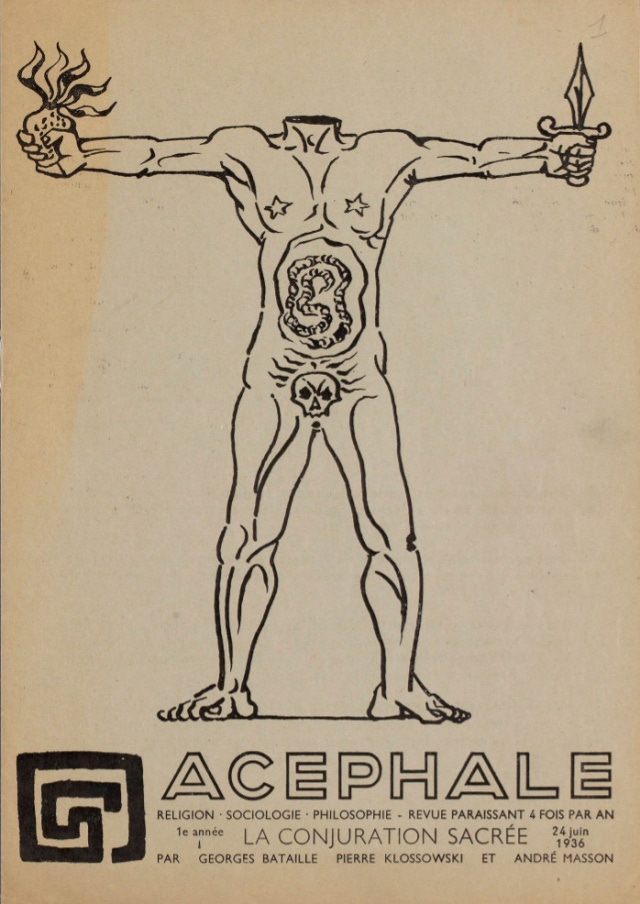Death, wastage, or expenditure is the only end, the only definitive terminus. ‘Utility’ cannot in reality be anything but the characterization of a function, having no sense short of an expenditure which escapes it utterly.” - Nick Land
For the last few days, I have been mulling over some pissed-off responses to my last essay. In that piece, I explored the likelihood that science will overcome the natural limits of the human lifespan within the next seven years, leading to “physical immortality” or at least indefinitely extended human lives. Even as I write this, new articles trumpet a new technique — based on studies with yeast cells — that could increase our longevity by 82% with a little slicing-and-dicing of the ol’ DNA via synthetic biology (rewiring “the transcriptional switch of the cells”).
As the exponential powers of Artificial Intelligence rapidly fuse with other technical advances such as nanotechnology and biotechnology (CRISPR) and protein science (Alpha Fold), technology will leapfrog past what we are now able to accomplish. I think it is quite plausible that this will happen. Barring some massive collapse of civilization or the possibility that AI annihilates us via some version of the paperclip problem (where AI is directed to produce paperclips and doesn’t stop until the entire universe is paperclips), it cannot be prevented.
I find it impossible to say I am in some sense “against” this pathway to biological immortality (indeterminacy is more accurate) — that I find it inherently wrong or immoral. Yet in trying to think beyond this limit, I find my mind encounters something unknown, indefinable, unrepresentable: something like the Void.
I remain fascinated by ongoing AI developments, hunting down articles and video essays on the AI. New ones I recommend include John Vervaeke’s AI: The Coming Threshold and the Path We Must Take, Paul Kingsnorth’s ‘The Neon God’, and Jaron Lanier’s ‘There Is No AI’ in The New Yorker. I may try to review these later.
According to Tristan Harris and Aza Raskin from the Center for Humane Technology, AI races toward “the total decoding and synthesizing of reality.” It is clear that, in our human reality, we aren’t remotely ready for this. Harris and Raskin foresee many ways AI can cause further disintegration of our already fragile situation on the planet. Potentially, it could also accelerate the development of regenerative technologies as well as fusion reactors, which, from what I understand, are still decades ahead, but could supply limitless clean energy.
As a thinker, I like to sample ideas and riffs from many divergent authors and thinkers. I generally find it is in the gaps and overlaps between systems, ideas from different domains, that we may encounter — or create — something new. I don’t pretend to have all of the answers. I have made many mistakes in the past. I will no doubt make many mistakes in the future.
In thinking about our current situation, I find myself pulled in many directions at once. For Secret Traditions and Spiritual Revolutions, my new course, I have been reviewing a vast corpus of hermetic and esoteric literature from the ancient to the recent past. This is also influencing, overlaying, my thinking.
I am momentarily persuaded, for instance, by Emanuel Swedenborg’s vision, in Heaven and Hell, of a God of infinite goodness:
“In heaven, the divine nature that emanates from the Lord is called divine truth, for reasons that will be given below. This divine truth flows into heaven from the Lord, out of his divine love. Divine love and the divine truth that derives from it are like the sun’s fire and the light that comes from it in our world. The love is like the sun’s fire, and the derivative truth is like the light from the sun. By reason of correspondence, fire means love and light means the truth that flows from it.”
Equally, I agree with the 16th Century mystic Jacob Boehme: “The perfect state, the summum bonum, is Play. In play, life expresses itself in its fullness. God’s life is play. Adam fell when his play became serious business.”
Back to the present day: One senses we tumble ever-deeper into a kind of civilizational chiasmus: The feeling is one of darkness, dysfunction, the failure of logic and reason — collective insanity. This is what I feel I as I try to track the never-ending cacophony of the media circus. Recently, a number of men with great charisma and bright minds seem to have cut themselves to ribbons, basically destroying themselves in the public square, leaving nothing behind but narcissistic husks. Elon Musk, Matt Taibbi, and Russell Brand exemplify this bizarre phenomenon.
Keep reading with a 7-day free trial
Subscribe to Liminal News With Daniel Pinchbeck to keep reading this post and get 7 days of free access to the full post archives.



